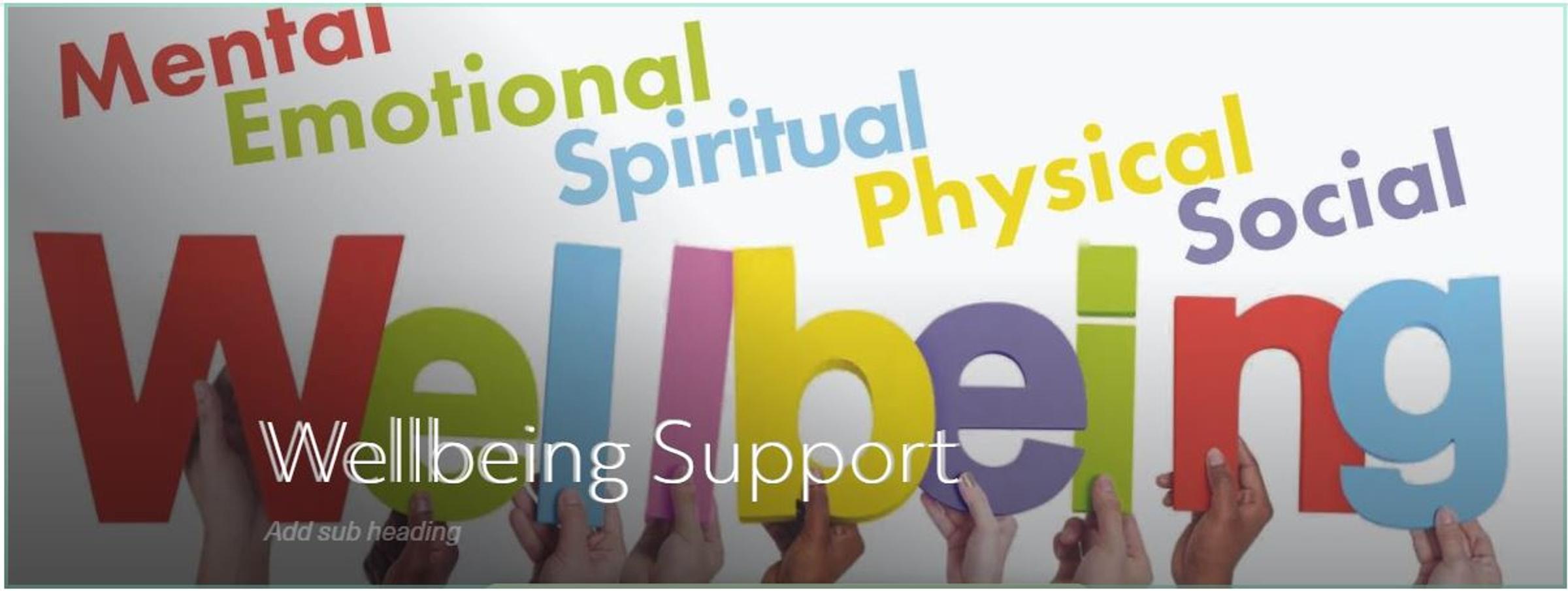Wellbeing

Communication Skills
Benefits of good communication skills are that it will help you collaborate effectively, build trust in your relationships with people, prevent misunderstandings, help you resolve conflicts and help you to have empathy and develop understanding about what others are going through.
Here are 7 skills you can practise to improve how you communicate with those around you:
Skill #1: Listening actively
Good communication is more than what we say but it's about hearing what the other person is saying. Often we listen just enough to figure out and plan what we are going to say, and we miss the point and key aspects of what the person is trying to communicate. Listen to understand not to respond, and don’t speak over others. Also put away your phone! Having your phone out communicates the phone is more important than them.
Skill #2: Being aware of your body language
Be aware of your body language. This can tell the other person if you’re listening and truly care. Maintaining eye contact (but not too much!), nodding occasionally, smiling, displaying an “open” posture and being aware of how close/far you are standing from someone make a big difference in how we communicate.
Skill #3: Be aware of your tone and volume
Your tone of voice is as powerful as your words. Speaking loudly and using an impatient, dismissive, or sarcastic tone can lead to conflicts or worsen current ones.
If you are finding your emotions impacting your tone and they way you are speaking, learning how to manage your emotions will help you maintain a respectful tone - check out skill #6 for tips on how to do this
Skill #4: How are you communicating?
Keep in mind skills 2 & 3 when you are considering how to communicate with someone. Have you ever sent a quick, neutral text only for it to be perceived as passive-aggressive?
Texts are great for short or casual conversations but it is not the best form of communication when there is emotion involved or where tone and body language are important aspects of our communication skills. So ask yourself these questions “Can your tone be expressed in a text or phone call, or is it a conversation that needs to have body language to help you stay connected to the conversation?”
Skill #5: Being clear, direct, and concise
You might not be comfortable talking about certain issues. But avoiding the conversation or bottling up your feelings will have a bigger impact the longer it gets avoided. Be clear and direct, but also kind and respectful. Sometimes it is easy to hide behind the banner of “brutal honesty” but you can be honest and kind at the same time.
Be prepared and take time to know what you are going to say. If needed, bring notes to the conversation and tell the person “I have prepared some notes so I can be clear, and express what is going on for me, and not lose track of what I want to say.” And then listen to their side of the story
Skill #6: Keep your emotions in check
It’s perfectly normal to feel overwhelmed or frustrated from time to time. But our emotions shouldn’t drive us to say mean or unhelpful things. Emotions are good indicators but they are not good leaders - recognise what is going on but don’t let them lead you into some bad or hurtful choices.
Be aware of your emotions, learn how to name them (Check out the feelings wheel for more information), and know what tools help you manage them. It is okay to take time from the conversation to calm down and reflect, ask “can we reconnect in (insert the time frame you need) so I can have some time to gather my thoughts and emotions?”
Skill #7: Understanding how to handle conflict
Conflicts are a normal part of relationships, so shying away from them won’t help. Conflict isn't bad, they are an opportunity for connection.
Take ownership for your part of the situation. Everyone has a role to play in a situation, and it's important to own your part. You might be responsible for 10% or 90% of the issue so take responsibility for your part. You can't control how someone else will respond or act but you can focus on how you do.
Remember: It takes a lot of practice to communicate well. So don’t be discouraged if you don’t always get it right. What’s most important is the willingness to own up to your mistakes and learn from them. And keep practising!
